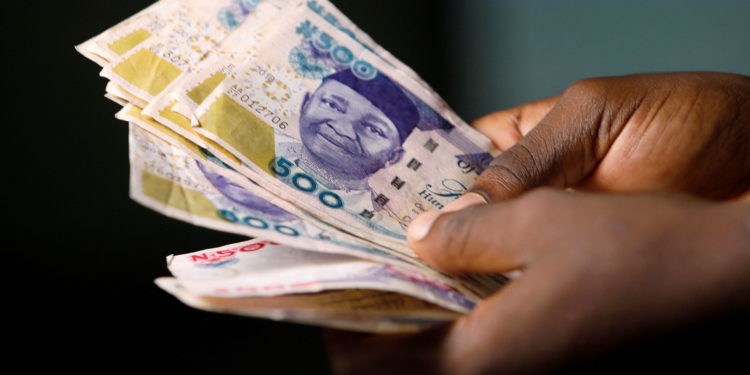Nigeria’s bonds sank to near-record lows in October as the finance minister failed to calm investor’s nerves after unintentionally implying the government may ask for a haircut on its debt. Bonds due in 2032 fell to 60.20 cents on the dollar Friday from 66.15 cents.
Zainab Ahmed, the Federal Minister of Finance, Budget and Planning in the West African country, said the nation is considering “restructuring” its bonds and extending repayment periods in a Bloomberg TV interview.
The use of the word “restructuring” sent bonds slumping the next day before Ahmed clarified that all Nigeria wanted to do was extend maturities and buy back debt and that Eurobond holders would not be affected.
However, it was too little, too late and the fledging rebound in bonds quickly turned back into a rout amid a skittish global market.
The nation’s debt stock stands at just 23% of the gross domestic product but is set to jump to 35% of GDP next year after the debt management office disclosed that it has received presidential approval to convert 20 trillion naira of central bank loans to 40-year bonds that would yield 9% annually.
In June 2022, Nigeria’s total public debt climbed to N42.84 trillion ($103.31 billion) from N41.60 trillion ($100.07 billion) in March 2022.#TheCableIndex pic.twitter.com/RHQZlAMD6C
— TheCableIndex (@thecableindex) October 4, 2022
However, the World Bank forecasts debt servicing costs will exceed revenues by the end of the year.
Read also; Nigeria to Consider Debt Restructuring on the Rising Debt Burden and Low Revenues.




